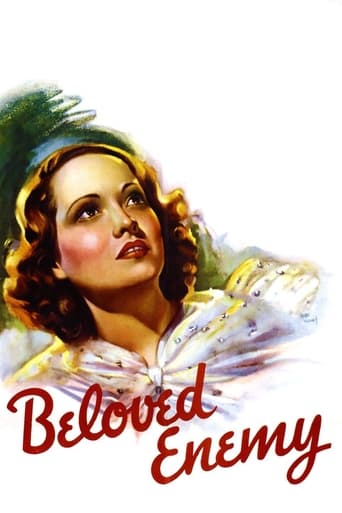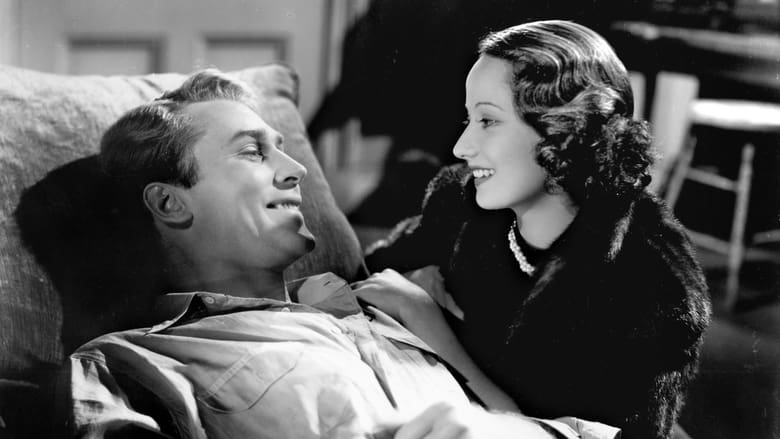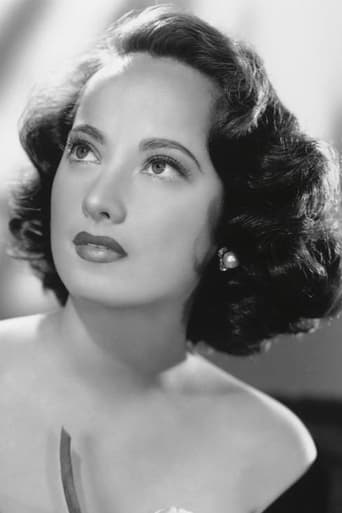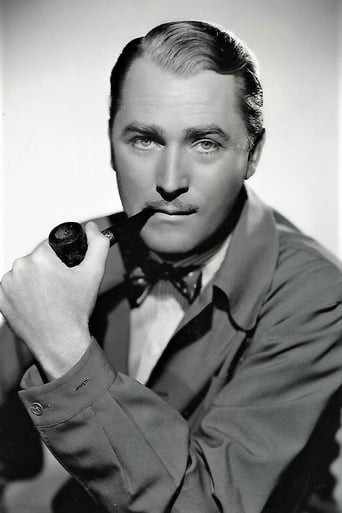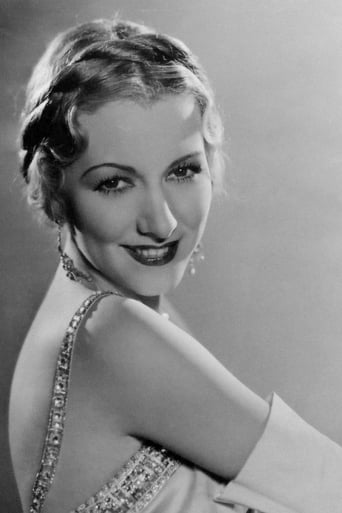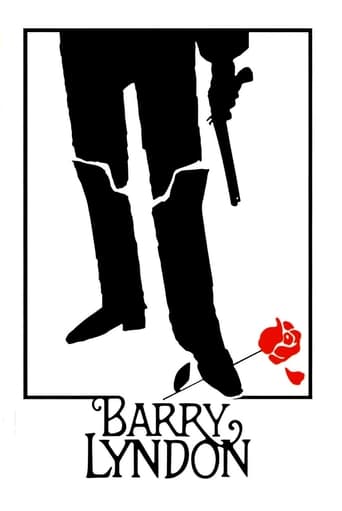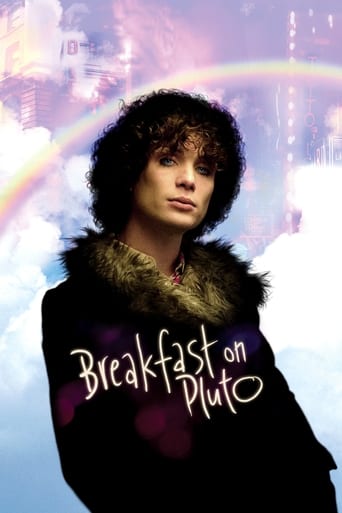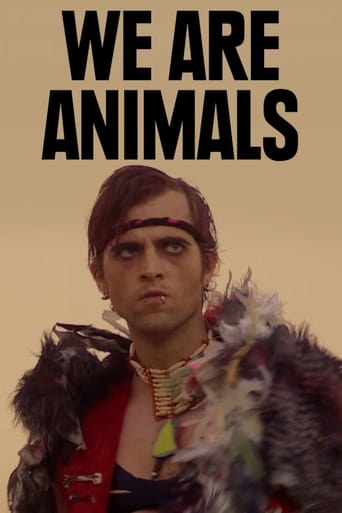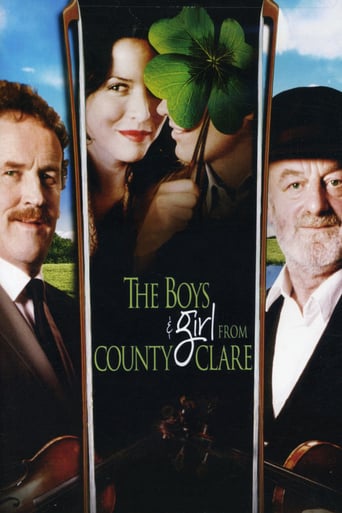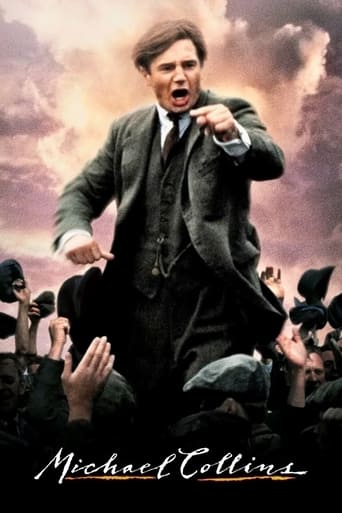Beloved Enemy (1936)
In 1921, British Lord Athleigh arrives in Dublin with his daughter, Helen, to engage in peace talks. As wanted Irish rebel leader Dennis Riordan is not recognized in public, he is able to move about freely and saves the Athleighs from an assassination attempt by a radical faction. Dennis and Helen meet again and, unaware of his position, Helen falls in love with him. Later when Dennis admits his identity, Helen must make a fateful decision.
Watch Trailer
Cast
Similar titles
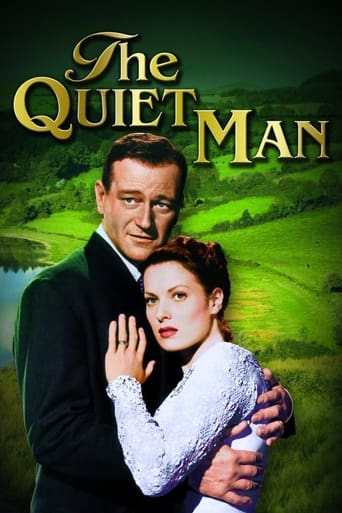

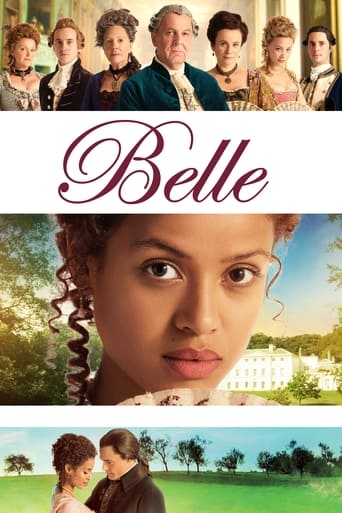
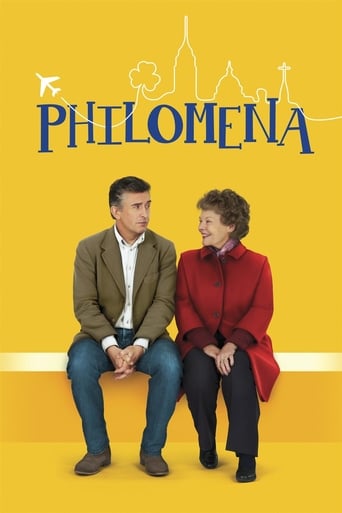

Reviews
I like the storyline of this show,it attract me so much
The Worst Film Ever
The performances transcend the film's tropes, grounding it in characters that feel more complete than this subgenre often produces.
Let me be very fair here, this is not the best movie in my opinion. But, this movie is fun, it has purpose and is very enjoyable to watch.
A "Romeo and Juliet" story set against the backdrop of the Irish War of Independence in 1921, this is a hugely enjoyable romantic historical drama. Saying that the history of Anglo-Irish relations is contentious and often violent is a bit like saying that the Sun is hot but the film romanticises it in the wonderfully entertaining way that only 1930s Hollywood could. The film is well directed by H.C. Potter. The very strong script by John Balderston, Rose Franken and William Brown Meloney paints the war, which has never exactly been a particularly popular subject for the silver screen outside of the generally lacklustre Irish film industry, in broad strokes. That said, the depiction of the conflict is not overly simplistic as neither side is presented in black and white terms. As someone who knows a great deal about the Irish history of this period but is not terribly nationalistic about it, I appreciated that. Watching films about 1920s Ireland is a bit of a departure for me as my PhD concerns the period, albeit the drafting of statute post-1922 as opposed to the War of Independence, and I generally try not to think about my work while I am relaxing but I was prepared to make an exception in this case.The film stars the underrated Brian Aherne in an excellent performance as Dennis Riordan, a prominent Irish revolutionary and minister in the government of the unofficial and unrecognised Irish Republic. Riordan is essentially a nicer and more honourable version of Michael Collins. Like Collins, he is one of the leaders of the IRA - which is now called the Old IRA to distinguish it from its later incarnations - and a senior member of the Irish delegation sent over to London to negotiate the Anglo-Irish Treaty of 1921. I was not surprised that, with the exception of a photograph of Padraig Pearse, none of the actual Irish revolutionaries of the 1916-22 period were alluded to or mentioned by name in the film. In fact, I would have been shocked if they had been since many of the surviving ones were ministers in the then Irish government or had been ministers in the previous one. Riordan loves Ireland with a passion and is certainly prepared to fight for his country's freedom but he harbours an old dream of retiring to a little farm in Galway where he can forget about the conflict and live a normal life. When it comes to the controversial provisions of the Treaty, he is conflicted between his oath that he will do everything possible to secure a republic and his desire for peace after almost three years of warfare. While most of the Irish characters in the film are played by Irish actors, Aherne is the major exception as he was English, though he was of Irish descent as his name would suggest. His Irish accent is pretty variable, sometimes sounding more Scottish, but the strength of his performance means that it was surprisingly easy for me to overlook that.Merle Oberon is great as his beloved enemy Helen Drummond, the daughter of the prominent British diplomat Lord Athleigh. At the beginning of the film, the British forces are unaware of what Riordan looks like and, after he is briefly arrested, he decides to have a little bit of fun with them by claiming to be Dennis Riordan, knowing that they will not believe. After running into each other again, Riordan and Helen spend the day together in the countryside and, as often happens in such films, fall madly in love in a flash. After Helen learns that the medical student Tom Casey is in fact Riordan, she alerts her father and the authorities in the Viceregal Lodge (now the President of Ireland's official residence Áras an Uachtaráin) and they unsuccessfully attempt to arrest him at a cattle market. Helen soon comes to regret her decision and goes to Riordan to apologise, telling him that she loves him. Aherne and Oberon have great chemistry and their scenes together are very romantic and occasionally moving, even if they are in no way realistic. While much is made of Riordan and Helen's different nationalities, this is no mention of the fact that he is almost certainly a Catholic and she is almost certainly a Protestant, which would have been a very pressing issue under the circumstances. Riordan's fellow Irish revolutionaries believe that his love affair with an English aristocrat is clouding his judgement and make him swear an oath that he will never see her again, at least in private. When Riordan - who holds the casting vote - decides to sign the Treaty, the more radical republicans in the movement believe that it is because of Helen's influence and attempt to assassinate him. However, the fictional Riordan fared better than the real Collins as he survives the attempt. In one of his first major roles, David Niven is very good as the charming Captain Gerald Preston. His feelings for Helen are not returned but he accepts the consistent rejection with grace and charm. It's a good thing that Niven wasn't cast as Riordan as he is so quintessentially English that I could never buy him as a Michael Collins stand-in! Henry Stephenson, the poor man's C. Aubrey Smith, is dull and forgettable as Lord Athleigh. The effortlessly fantastic character actor Donald Crisp is very good as Liam Burke, the most radical of the radicals. In contrast to Riordan, Burke is not based on any senior Irish revolutionary in particular but he has traces of Eamon de Valera and Cathal Brugha. He'd have been better as Lord Athleigh as well, come to think of it. Overall, this is a very entertaining film. It is far from an entirely accurate depiction of Ireland in 1921 but it was never supposed to be anything of the sort.
I find it amazing that only eight people reviewed this movie. Why? It is a classic. Mere Oberon ( Helen Drummond) dominates every single scene she is. I love how she faces every obstacle from a position of strength. Spoilers ahead: She and Irish leader Dennis Riordan ( meet and fall in love ( despite her being an English Aristocrat and him being an Irish Leader)), You see the scenes where she brings an injured Irish boy home ( despite the fact he hates her because the English were responsible for his father's death. Also when she meets the Irish enemies of not only her but of Riordan ( such as Liam Burke ( Donald Crisp), They ignored what she said to them, yet they respected the fact she would face them. Oberon was one of the most beautiful women in Motion Picture History, but you see what a great actress she was. It should be a must see movie for any can of hers. 10/10 stars.
Don't expect the true story of what was going on in Dublin and most of Ireland during the early 1920's; That has been sanitized out as to not "offend" the movie viewers over there. What is present is an acceptable love story with some of the political intrigue intact, but it is basic background to the typical romantic struggles of total opposites whose love affair seems to be doomed from the start.Brian Donlevy plays a fictional character, possibly a composite of various Irish rebels who eluded the police and military and stirred up enough trouble to keep this rebellion going on for decades. When Merle Oberon arrives with her British ambassador father (Henry Stephenson) in Dublin, she accidentally encounters Donlevy and after some initial unpleasantness from him because of her station in life, they can't help but admit that they are attracted to each other. She is trapped inside his hide-out during a raid and after being taken back to London, convinces her father to set up a meeting with the leaders of the rebellion. Members of Donlevy's team (particularly Donald Crisp and Jerome Cowan) are against a "treaty", and this leads to Donlevy accused of being a traitor.While female roles in movies like this are usually meant to be merely "window dressing", Oberon adds some spark into her character which makes her much more interesting. She tosses out enough of her own ideals about the rebellion, and this makes her more compelling as a part of a serious plot. This is where the film succeeds as its structure isn't about the actual rebellion or the reasons behind it, but cause and effect and looming tragedy when one member of a rebel team seems to be drifting away from his priorities. Solid acting, outstanding production design and sparking direction by H.C. Potter makes up for the lack of fact that was already covered in plays and films like "Juno and the Paycock" and "The Informer".In order to enjoy this film it helps to know a little something about this period of history, something which has recurred between Ireland and "the mother country" a lot over the future decades. On the level of a doomed love story, it works best, with Oberon and Aherne a gorgeous pair whom you root for up to the moving finale.
If only the problems of Irish independence and how much of it would be granted could have been solved by Michael Collins falling in love with say David Lloyd George's daughter. It might have made for some interesting tales of romance.Which is what we have here in Beloved Enemy. The Collins character is renamed Dennis Riordan and it seems that the sight of the beautiful Merle Oberon, daughter of British envoy Henry Stephenson is enough to almost make him forget about the cause of Irish independence. Riordan is played by Brian Aherne and he's a dashing sort of rebel. No wonder Merle decides he's for her.Although Beloved Enemy is a nice romantic story, I feel it cheapens what Michael Collins was all about. He and Arthur Griffiths in signing the treaty with the British and getting Dominion status and six Protestant counties opting for inclusion in the United Kingdom, settled for 5/6 of a loaf so to speak. Collins paid with his life for thinking of the widows and orphans and a chance for Ireland to heal. He died and many more died in the Civil War that followed before Ireland just had a peace of sheer exhaustion.There's a good character in the film played by Karen Morley who is the widow of an IRA man now trying to support her son Ronald Sinclair. The real Michael Collins was thinking about the thousands like her when he signed the treaty.Jerome Cowan made his film debut in Beloved Enemy and David Niven has one of his earliest roles as Henry Stephenson's secretary. Beloved Enemy is historical romance, but hardly history. See both John Ford films, The Informer and The Plough and the Stars for a better idea about Ireland during the Rebellion.
